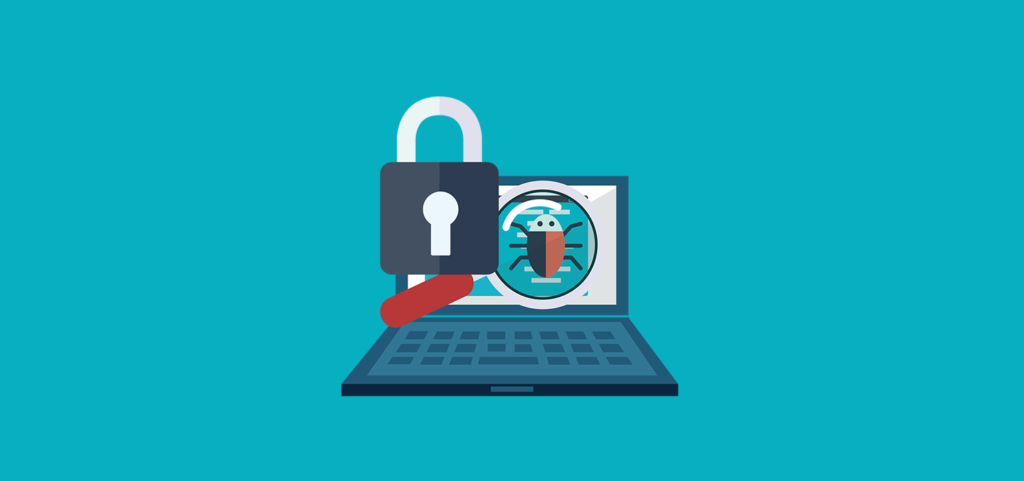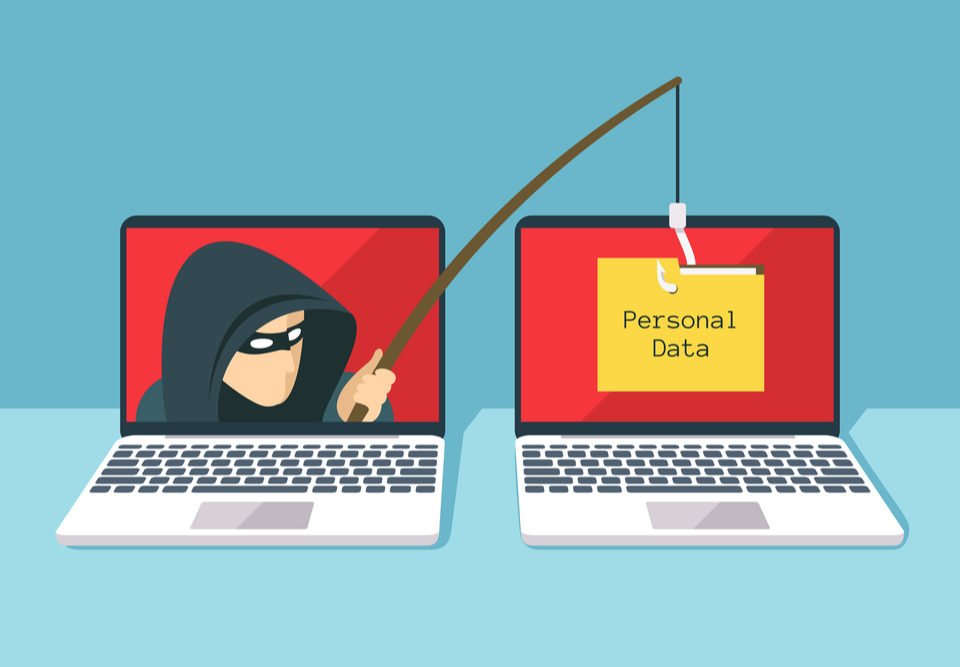Trojans, Spyware, & Anti-virus; Oh my!

A computer is a bit like a car; when it’s going well it’s awesome and it enhances our life, but when it breaks down we feel like kicking something – usually the tyre. And just like a car, if you have problems with your computer it is a good idea to have a specialist look at it rather than tinkering with it yourself.
The best way to prevent a computer from breaking down is to protect it from viruses, Trojans and spyware that are all designed to do nasty things to it. Every computer should have reputable anti-virus protection whether you use it to surf the web or not. Let’s dive into more detail about how you can avoid catching computer cooties.
The Importance of Reputable Anti-Virus Programmes

Many anti-virus software programmes are free and do an adequate job of protecting your PC or other device. Not that it’s any surprise, but paid versions are usually better and may even extend to include three or more computers or devices, making paying for it a no-brainer. When you consider the damage that can be done and the loss that you will incur should a vicious Trojan, virus on malware programme attack your computer, paying for protection is really worthwhile.
While an anti-virus programme can be considered the front line soldier to protect your computer, there are other, secondary ways that can help and save a lot of frustration and loss.
- Never open an attachment that comes through your email inbox unless you know for sure who sent it and why. Even then, be sure to scan it manually with your anti-virus software to ensure it is free of germs. Not all your online friends may be as particular about where they get their music or other things they may pass on to you.
- If an attachment does arrive, simply delete the email and then remove it from your trash box as well. It can’t hurt you unless you open it and save it to your computer.
- If your email software tells you it has caught a virus or anything like that, don’t assume it’s telling the truth. Be vigilant with what it advises you to do as it could very well be the virus talking.
- Use only reputable websites to download software or anything else e.g. eBooks. Your anti-virus software should tell you if a website is suspect. Always take note of it, especially if you have never used that site before.
- Make sure your anti-virus software updates automatically. Not all free versions do. Ensure that both manual and automatic update options are available for the best experience.
- Don’t click on links or pop-up windows in any website that advertise online checks for virus or malware removal. You don’t know for sure where they will go and they may put something nasty on your computer instead.
- Don’t download pirated programmes or media as they often contain viruses – besides, it’s illegal…obviously.
- When purchasing software applications, be wary of those advertised bundled with other bonus software. Very often, the bonuses contain something designed to be nasty. They may slow down your computer, use up all your bandwidth or steal your data. If you really want them, find the original source online and get them from there.
Don’t Panic
Reading about all the bad things that can happen to your PC or Mac may put you into a panic. What you need to realise is that a virus cannot harm your computer unless you open it or launch the program it is attached to.
If the worst happens, remember that in most cases computer repair experts can remove the virus and retrieve your lost files. It’s not all doom and gloom.
Mac Users Have Less to Worry About

Mac users especially are unlikely to have their computer affected by a virus due to the operating system’s features that prevent this from happening. However, there are other things that can come in through email. While a Windows virus can inhabit a Mac, it cannot harm the operating system, but it can be passed on to another Windows user, usually through an email.
If you have a Mac computer, do not download Adobe Flash Player from anywhere but the original website because there is malware disguised as that software. It is also a good idea to disable option that allows automatic opening of safe files after download. This is found in Safari Preferences/General. If a message pops up to update any kind of software, don’t click on it, but go to the original source via your browser to install the update. Putting in place just some of these simple precautions will ensure that your computer remains safe.

